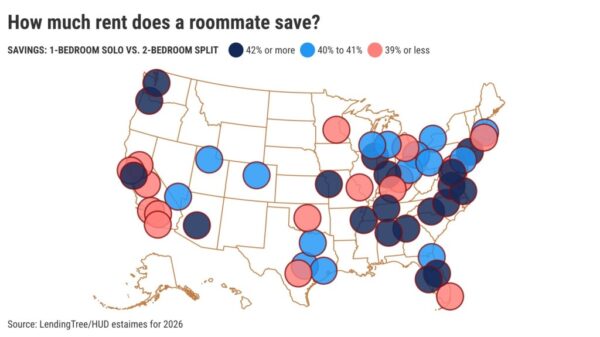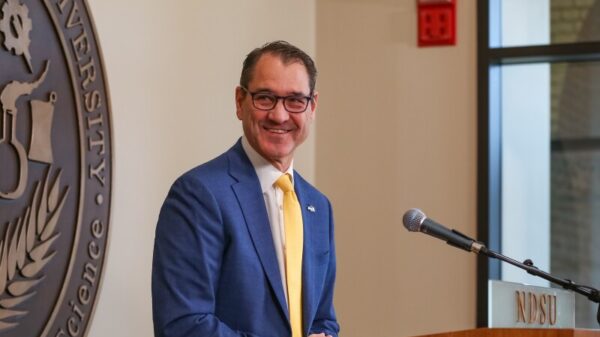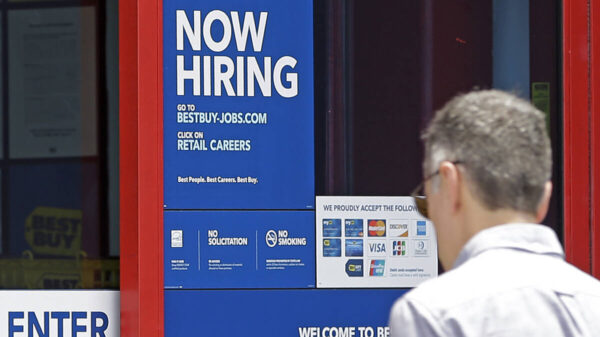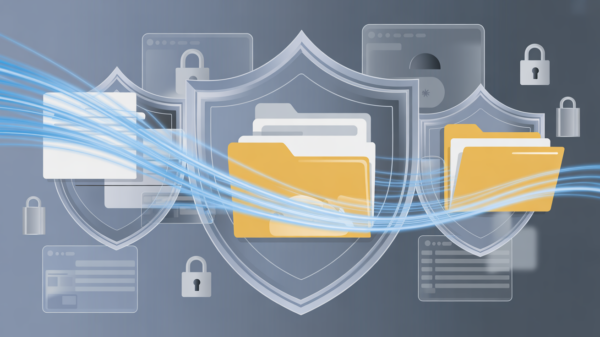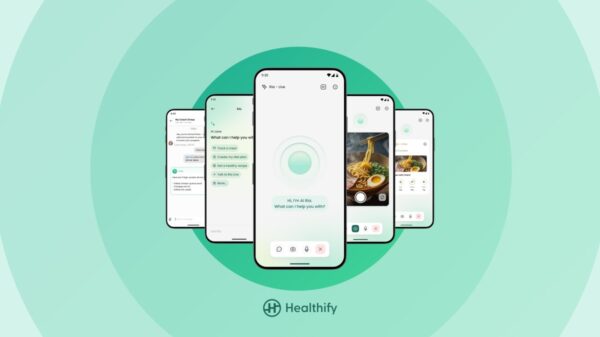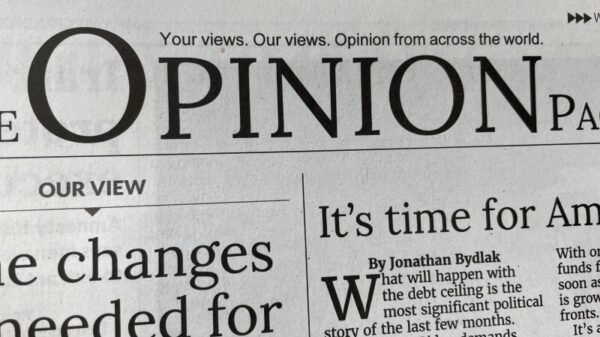UPDATE: A critical ruling just in: The U.S. Court of Appeals for the Fourth Circuit has decisively ruled that the Department of Government Efficiency (DOGE) can now access sensitive federal data belonging to millions of Americans. This decision, made on Tuesday, October 10, 2023, reverses a previous temporary injunction that sought to block DOGE’s access.
The court’s 2-1 ruling has significant implications, especially for privacy advocates and labor unions who argued vigorously against this move. They claimed that allowing DOGE access could jeopardize the privacy of countless individuals. The ruling means that DOGE can now proceed with initiatives that require access to sensitive information, igniting concerns among civil liberties groups.
This landmark decision comes at a time when government transparency and data privacy are under intense scrutiny. The court’s majority opinion noted that the need for efficiency in governmental operations outweighs the privacy concerns raised by unions. As a result, DOGE is now poised to utilize this data for various federal programs, which could impact everything from social services to labor contracts.
The implications of this ruling are profound. With access to sensitive data, authorities could enhance their operational capabilities, but the privacy of individuals remains at risk. Officials from labor unions have expressed their disappointment and are considering further legal action to protect citizens’ data.
What to watch: As the situation unfolds, experts urge citizens to stay informed about how their data might be used. Privacy advocates are mobilizing to push for stronger safeguards to ensure that sensitive information is not misused. The implications of this decision will likely resonate beyond the courtroom, affecting public trust in governmental institutions.
For now, the conversation is just beginning. Stay tuned as we monitor reactions from both government officials and civil rights advocates in the coming days. This developing story is set to impact millions and will shape the future of data privacy in America.











